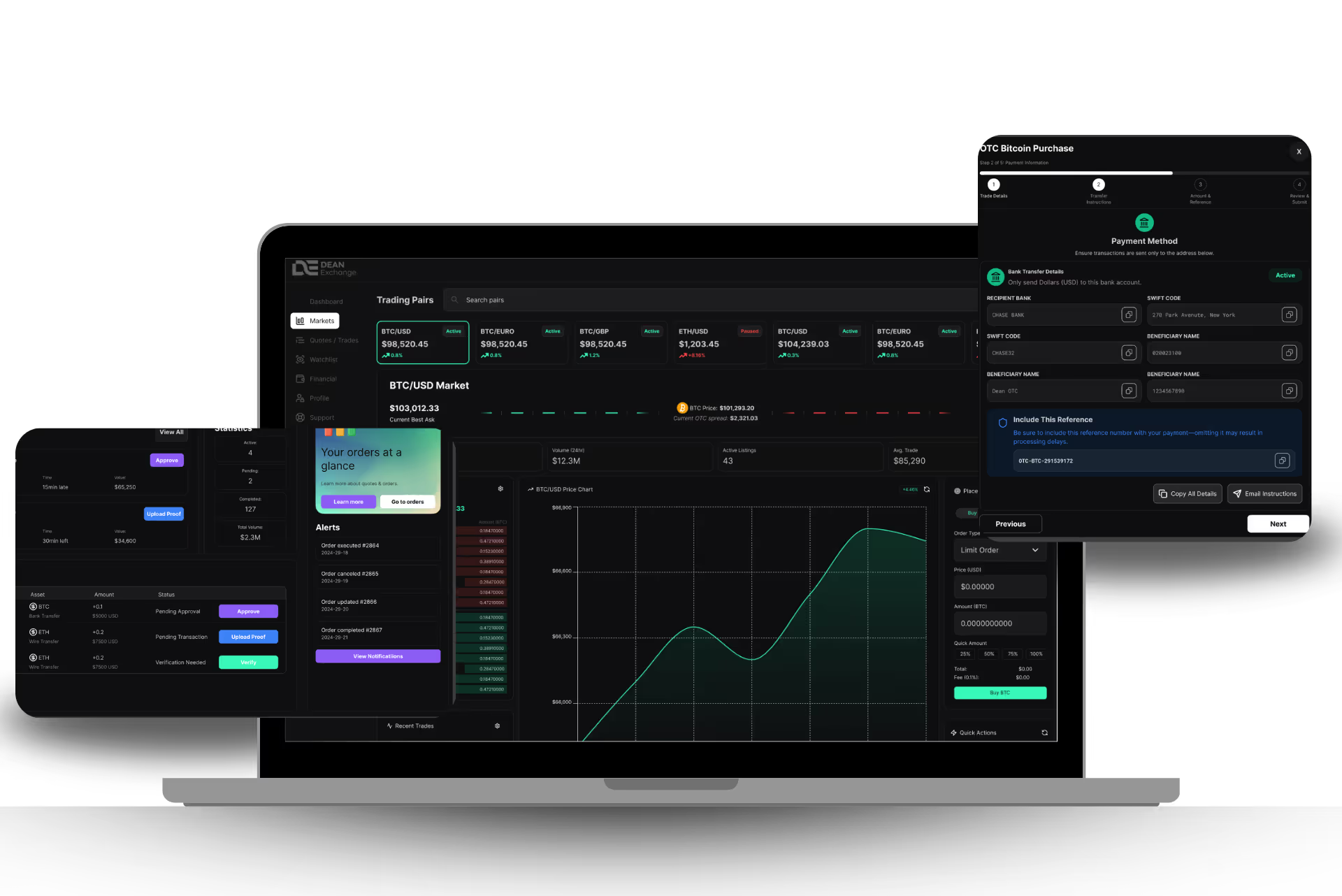By the
This is some text inside of a div block.
This is some text inside of a div block.
•
5
min read

Imagine receiving your salary instantly—no delays, no middlemen. That’s the promise of blockchain employment. In this article, we explore how blockchain is redefining hiring, payroll, and workforce structure, offering transparency, efficiency, and global reach.
Blockchain employment is changing the way companies hire, pay, and manage a global workforce. With the rise of decentralized systems, traditional HR models are being challenged by more efficient, secure, and transparent alternatives. This article explores how blockchain is reshaping employment through crypto wages, decentralized hiring platforms, and smart contracts in HR—offering businesses and workers a glimpse into the future of work.
Traditional employment systems are plagued by inefficiencies:
Traditional employment systems often suffer from inefficiencies that slow down processes and increase costs. International payrolls can take days or even weeks to process, often burdened with high fees and currency conversion issues. Hiring practices still rely heavily on intermediaries, manual background checks, and opaque salary structures. These outdated methods limit flexibility and prevent companies from tapping into a truly global workforce. As remote work expands, these flaws become more evident and demand innovative solutions.
These challenges slow down processes and hinder truly global work arrangements.
Blockchain employment brings major improvements to HR practices:
“Blockchain in HR enables smart, self‑enforcing trust systems—without gatekeepers.”
Blockchain employment introduces a revolutionary approach to how organizations find and contract talent. Through decentralized hiring platforms, companies can verify a candidate’s credentials using blockchain-backed records, reducing the need for manual checks and third-party services. Smart contracts in HR streamline onboarding, set automated payroll triggers, and enforce employment agreements without legal bottlenecks. Organizations like dOrg—a decentralized autonomous organization (DAO)—showcase how blockchain can support transparent, community-driven hiring with fully on-chain governance and payroll, eliminating traditional HR hierarchies.
Blockchain tackles global payroll issues head-on:
Example stat: According to Coursera, the global blockchain sector could be valued at over $943 billion by 2032, indicating growing demand for blockchain-enabled employment solutions
One of the most promising applications of blockchain in employment is global payroll. With crypto wages, cross-border salary payments become faster, cheaper, and more secure. Blockchain payroll platforms like Bitwage allow employees to receive salaries in cryptocurrency, often with the option to convert to local fiat instantly. This reduces dependency on banks and minimizes delays. In industries where teams are distributed across multiple countries, blockchain payroll provides seamless compensation regardless of geography. It empowers freelancers and remote workers to participate in the global workforce without financial friction.
Even with its advantages, blockchain employment faces hurdles:
Despite its promise, blockchain employment still faces several roadblocks. Regulatory frameworks remain uncertain—many jurisdictions do not yet recognize cryptocurrency as a legal form of employee compensation. In the United States, wage laws often require payments to be made in cash or negotiable instruments, casting doubt on crypto wages under current labor regulations. Additionally, smart contracts, while efficient, are not yet sophisticated enough to handle the nuances of employment disputes or contract amendments. Many HR departments are also reluctant to adopt blockchain solutions due to perceived complexity, integration challenges, and lack of internal expertise.
What lies ahead for blockchain in the workplace?
The future of blockchain employment looks promising as more companies embrace decentralized hiring, crypto payroll systems, and global collaboration. We’re likely to see wider adoption of smart contracts in HR to handle everything from onboarding to performance bonuses. As regulatory clarity improves and blockchain technology matures, blockchain payroll platforms will become standard for managing international teams. The concept of a borderless workforce—paid in real-time and governed transparently—will no longer be futuristic, but expected. The shift could permanently change how people work, get paid, and build careers in a digital-first economy.
Blockchain employment is more than a trend—it’s a shift in how we think about work, contracts, and compensation. It holds the potential to break down borders, eliminate delays, and foster greater transparency across industries. As blockchain continues to influence HR, payroll, and hiring, the big question becomes: Is your organization ready to embrace the future of employment? If not now, when?
Blockchain employment offers a transformative vision for hiring, paying, and managing a truly global workforce.


Join our newsletter for exclusive insights, breaking crypto trends, and learning opportunities—delivered straight to your inbox.